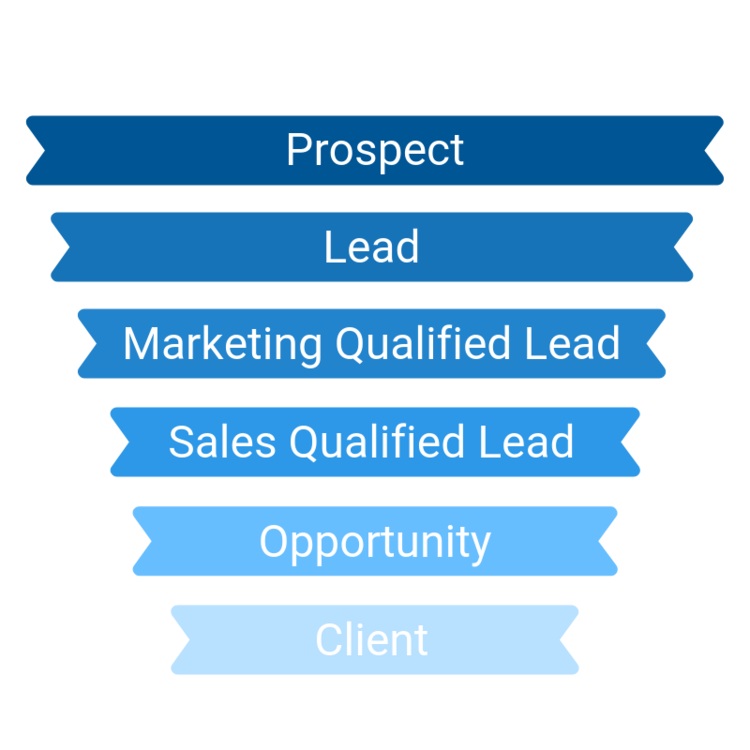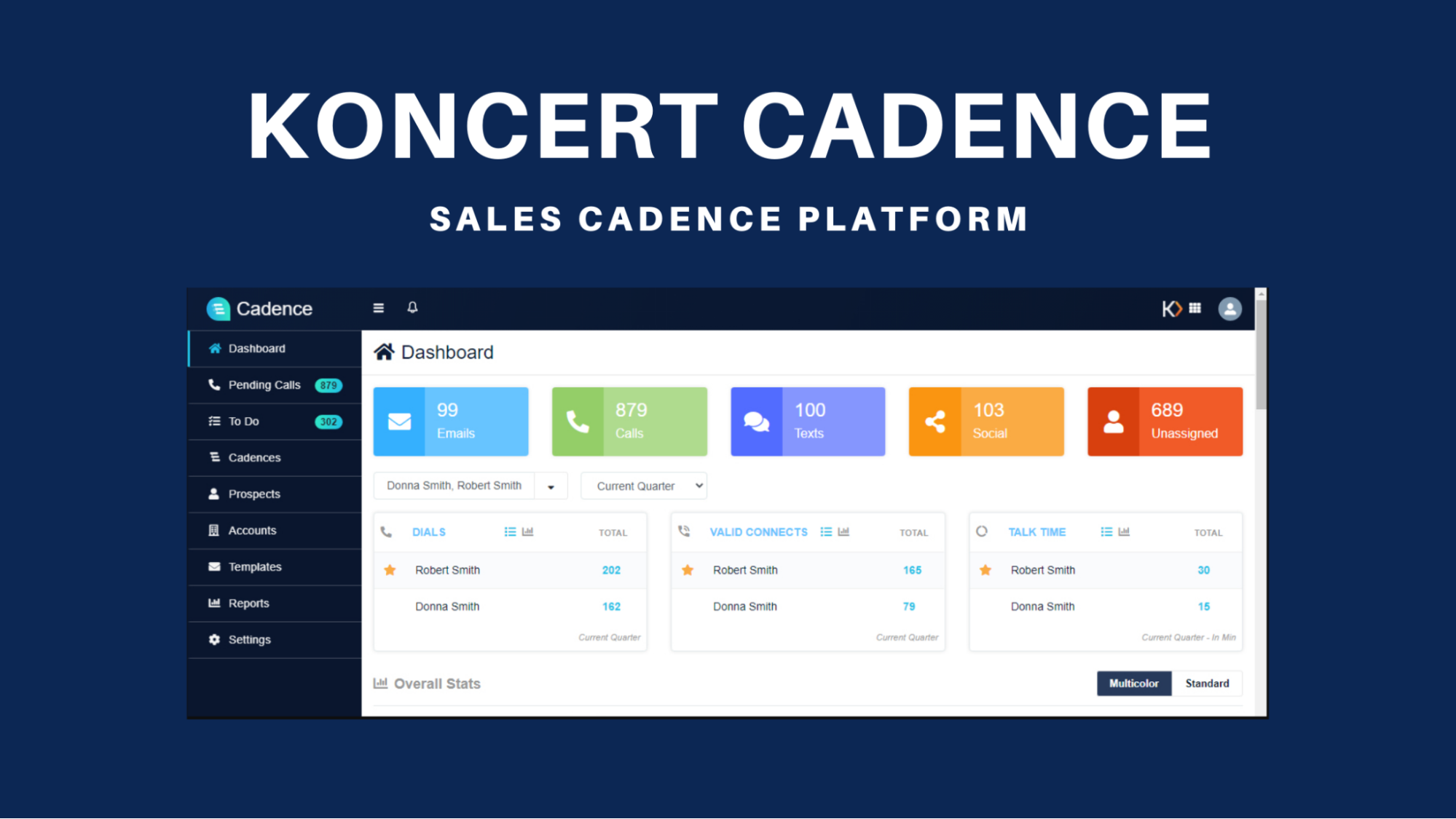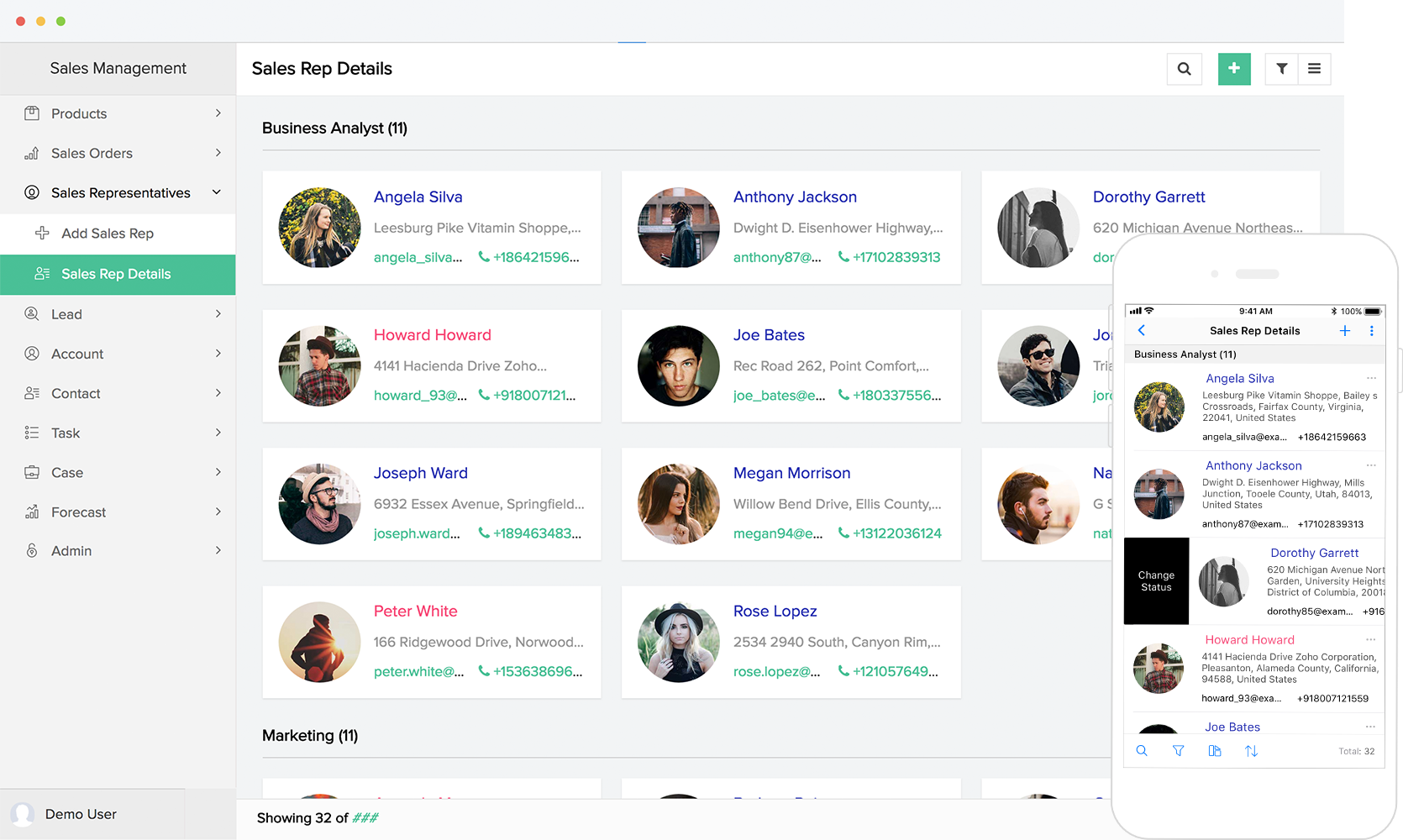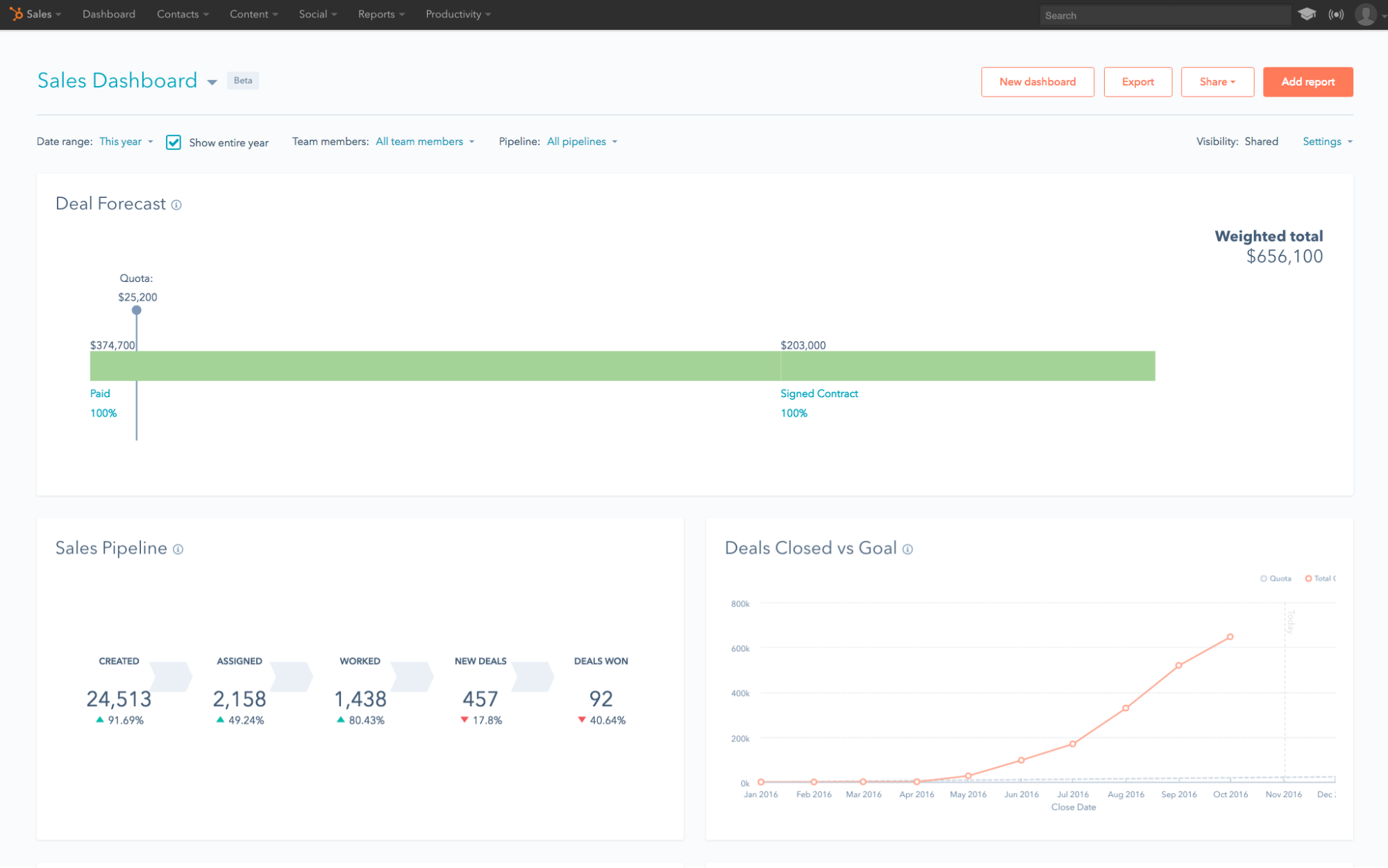4 min read
Avoid Sales Burnout: Lessons Learned from Death of a Salesman
Arthur Miller's 1949 play ‘“Death of a Salesman” is about what happens when a salesman, Willy Loman, fails to accept...
By: Koncert Marketing on May 31, 2022 6:57:10 PM

According to McKinsey, around 30% of all sales activities can be automated—and we already have the technology to do so.
Sales technology allows sales teams to proactively carry out operations and build stronger customer relationships. Sales management software is an example of such technology.
Designed to support the sales process, sales management software allows salespeople to track deals, eliminate routine tasks through automation, and effectively coordinate a company’s entire sales force.
Given the right workflow, management software enables sales reps to close deals faster.
Here are some examples of where and how sales management software accelerates selling:
And it doesn’t stop there. As a type of sales technology, management software offers several advantages that both managers and sales reps can benefit from.
Below, we’ll take a close look at how sales management software can enhance the sales process. We'll also explore the best sales management tools on the market.

(Source)
Just as every sales pipeline is different, every sales process is unique. With the aid of sales technology, some sales processes also function better than others.
If you’ve already defined a sales process for your team, then you know how important it is to have a regimen in place to guide reps.
A well-implemented sales management system can act be this regimen, assisting reps at every stage of the sales cycle.
Let’s review the sales process and the tasks that management software can improve:
Lead generation brings potential customers into your sales funnel. After several touches, they transition from a visitor to a Marketing Qualified Lead (MQL). Before they can be converted into a Sales Qualified Lead (SQL) for your team to pursue, they must be assessed and ranked through lead scoring.
How leads are scored depends on your sales process as well as how your business approaches its target audience.
Given the size of customer bases, most sales teams don’t have the time to score leads. Fortunately, sales management tools can streamline this process.
By automatically ranking leads based on pre-configured metrics, the software assigns a numerical value. It may then weigh this value against the lead’s potential. After which, leads may be imported into your customer relationship management software (CRM).
Once you’ve set up a working model, the software can function autonomously, forwarding qualified leads for your sales team to act on.
Just as the sales process guides reps, the pipeline directs leads. To ensure they don’t fall off the wagon, the right leads must be directed to the right salesperson.
Reps should also have complete visibility into their pipeline so they always know their next best move.
Automating your workflow with sales management software provides this clarity.
For ease of use, management dashboards track every deal stage and every lead within. The software may likewise route leads automatically or allow managers to assign reps.
An automated workflow also allows leaders to monitor team-wide sales performance and streamline time-consuming administrative tasks.
Managers can also take advantage of opportunity and pipeline management. Their platform may provide sales reports, metric tracking, real-time notifications, and updates to help them keep up with forecast projections.
In order to close a deal, reps need to know about the unique challenges their individual prospects face, and how their product or service will benefit them. This phase is critical as it sets the stage for future customer relationships.
Often in conjunction with your CRM system, sales management software retains vital customer information, including key facts about client motivations.
Sales management software may also be part of a larger sales platform. Such platforms may offer communication tools to accelerate follow-up and enable reps to act on customer insights faster.
Alternatively, if leads are a few steps away from buying, teams can optimize lead nurturing. Utilizing the information tracked by their software, they may construct (and automate) personalized messaging for emails, calls, or texts.
A sales pitch not only sells your product but your brand value as well. It should anticipate objections and encourage leads to ask questions.
For example, what sets your brand apart from other companies’ solutions? Is it more user-friendly? Does it offer one-of-a-kind features? Does it boost your prospect’s profitability in some way?
Sales management software is helpful here simply by keeping your pipeline in shipshape.
Through proactive management of the sales process, automation of tasks, and increased visibility into individual team members’ activities, reps have more time to focus on crafting their pitch and connecting with leads.
Regardless of the solution scale purchased, the post-sale onboarding phase is crucial for customer retention and potential upsale down the line, and you want to keep them engaged throughout.
Sales management software supports implementation and customer support teams with the same proactivity they’ve benefited from earlier in the sales process.
By automating routine actions, such as communication and activity tracking, salespeople can easily stay on top of account health.
Management software also centralizes customer data, often syncing with other sales tools. In other words, reps stay informed and driven while engaging with customers.
This is particularly helpful when:
Alongside other great features, sales management software solutions support sales automation. This gives sales teams the ability to build customizable, user-friendly workflows that scale to their sales process.
And what’s a better way to illustrate this than through our top recommendations? Let’s check them out:
 (Source)
(Source)
Designed with the B2B sales process in mind, Koncert’s management solutions allow team members to track and implement sales strategies.
With lead management and lead scoring support, Koncert’s workflow automatically ranks leads based on their activity. Engaged prospects move to the top of lead lists so reps can focus on their best leads.
In addition to prioritization, Koncert also provides at-a-glance visibility for streamlined management. From prospect to close, managers can easily determine deal progress, assess where reps need assistance, and monitor how leads are interacting with sellers.
Unique features such as human-assisted dialers and CRM integration also ensure that sales management stays relevant, proactive, and trackable.
 (Source)
(Source)
Zoho is a sales CRM platform that provides workflow conversion, configuration, and dashboards for overarching sales management tasks.
Its functionalities support both sales and marketing automation. This includes activities such as lead tracking, account management, and inventory control. There are dedicated modules for each stage of the pipeline and additional support through predictive analytics.
To better align sales and marketing efforts, Zoho also supports telephony integration, social media monitoring, and email marketing tools.
 (Source)
(Source)
As part of its management tools, Hubspot offers free CRM software with pricing plans for more advanced features.
Hubspot is a three-fold service: it provides tools for marketing, sales, and service activities. As a result, Hubspot prioritizes visibility and controlled handling of the sales pipeline.
Sales teams gain activity, productivity, and performance tracking. Hubspot also provides pipeline management through features such as reporting dashboards, conversation routing, and sales automation.
The sales process is only as effective as the sales team. Without efficient management tools, reps will ultimately struggle to keep up with their leads, costing sales organizations revenue.
Koncert’s sales management tools allow you to effortlessly manage pipeline and CRM activities through a multi-channel approach.
Unlock a detailed vision of your pipeline and speed up your sales process. Develop a Koncert-based workflow where pipeline management and customer relationships always come first.
Advance leads expertly by integrating with your existing tech stack. Sync to your CRM, work with Gmail or Outlook, and adopt additional apps so you can sell faster.
Request a demo today and discover how Koncert enhances sales management.
Sep 6, 2017 by admin
Arthur Miller's 1949 play ‘“Death of a Salesman” is about what happens when a salesman, Willy Loman, fails to accept...
Aug 15, 2023 by Koncert Marketing
Simply put, AI powered parallel dialing is using asoftwareapplication to make multiple...
Aug 6, 2020 by Joe Cronin
If you manage a B2B sales team, you are engaged in some sort of sales outreach. But what exactly is sales outreach?...